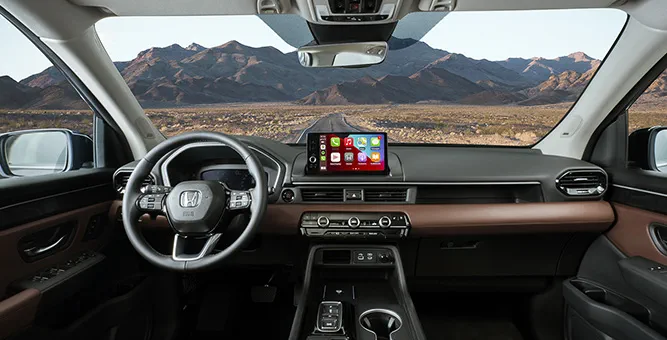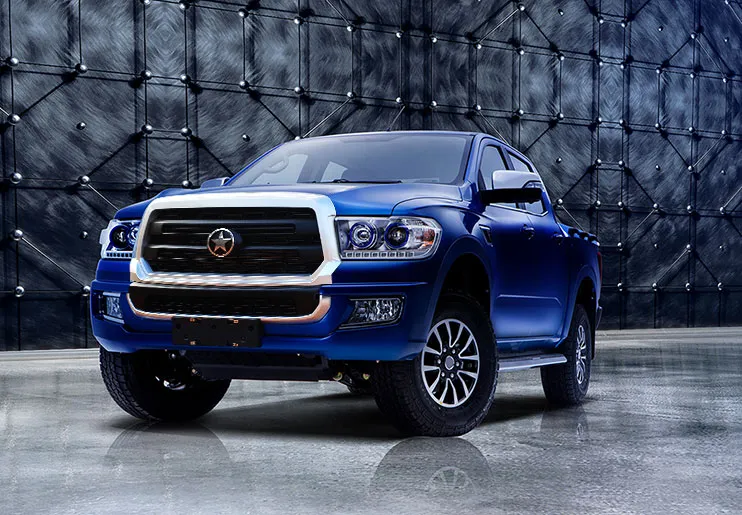Ghana’s automotive landscape is moving fast, but not in the usual way. Today, the most important changes aren’t in the engines, they are in how the cars think, connect, and adapt to local needs. While other regions race ahead with smart cars, Ghana is carving out its tech-powered journey.
With technology in the driver’s seat, the market in 2025 was valued at $1.96 billion, with projections to reach $2.12 billion by 2030, growing at a steady 1.55% CAGR as per reports by Mordor Intelligence. Meanwhile, Norvan reports that the country has emerged as a continental leader in electric vehicle adoption, with an estimated 17,000 EVs already on the road, more than any other African nation.
This isn’t just about flashy dashboards or futuristic features. It’s about how Ghana is using smart technology to solve real transportation challenges, from high fuel costs to road safety and urban congestion. Whether it’s AI-powered diagnostics, mobile-connected dashboards, or homegrown innovation from Kantanka, the future of driving in Ghana is looking smarter by the day.
Electric Vehicles (EVs): A smarter way to drive
EV adoption in Ghana is gradually gaining some ground with the rise of fuel prices, and buyers are now aware of the environmental benefits. The government has committed to having 30% of vehicles on the road be electric by 2030. Local innovators and importers are already supplying EVs designed to handle Ghana’s conditions, think uneven roads, long-distance travel, and tropical climate demands. EVs not only reduce carbon emissions but also cut maintenance costs, saving drivers up to 70% on long-term expenses. Charging stations remain a challenge, but key players, including energy companies and development partners are actively setting up charging hubs.
In a major step forward, the Energy Commission recently launched a 60-kilowatt solar-powered EV charging station at its head office in Accra. The station, developed in partnership with the German Agency for International Cooperation (GIZ), is powered by 105 solar panels and includes a 60kWh battery bank to ensure reliability even during grid outages.
This initiative not only addresses concerns about power reliability but also showcases Ghana’s commitment to clean energy and sustainable mobility.
Intelligent Car features are taking over

Modern cars available in Ghana increasingly come equipped with features like touchscreens, parking sensors, rearview cameras, and smartphone integration. These aren’t just luxuries, they’re improving how drivers navigate, communicate, and maintain their cars. Fleet owners are already adopting vehicles with real-time tracking systems, allowing them to monitor driver behavior, optimize routes, and respond faster to breakdowns.
Smart connectivity also allows users to lock their cars remotely, track their location, and check fuel levels via mobile apps. For tech-savvy buyers, this level of integration is becoming a deal-breaker.
AI and diagnostics in the Ghanaian workshop

Artificial intelligence is slowly finding its place in Ghanaian car maintenance. Certain service centers now use AI tools to predict faults and recommend maintenance based on usage patterns. These tools reduce guesswork and help mechanics pinpoint problems before they become serious.
This predictive servicing model is especially useful for transport businesses. Reducing downtime means saving money and staying ahead in a competitive market.
Made-in-Ghana, Powered by innovation

Local manufacturers like Kantanka Automobile are shaping Ghana’s tech story. Their cars include digital dashboards, remote ignition systems, and voice-activated controls, all developed with Ghanaian roads and lifestyle in mind. This shows that Ghana isn’t just catching up with global trends, it’s creating its own.
And with global giants like Toyota and Nissan now assembling smart-equipped vehicles locally under the Ghana Automotive Development Policy, drivers have more access to safe, tech-forward cars made right here at home.
Infrastructure and the road ahead
While the smart car ecosystem is growing, infrastructure still lags behind. Most smart-enabled vehicles rely on stable internet and consistent power. For now, rural access to these services is limited, but expansion projects and digital policies are aimed at closing that gap.
Ghana’s car industry is shifting lanes, from diesel and dust to data and digital dashboards. Smart vehicles aren’t just about cool features; they’re the future of safer, cleaner, and more efficient transport. And for Ghana, that future is not a distant dream; it’s already rolling into view.



